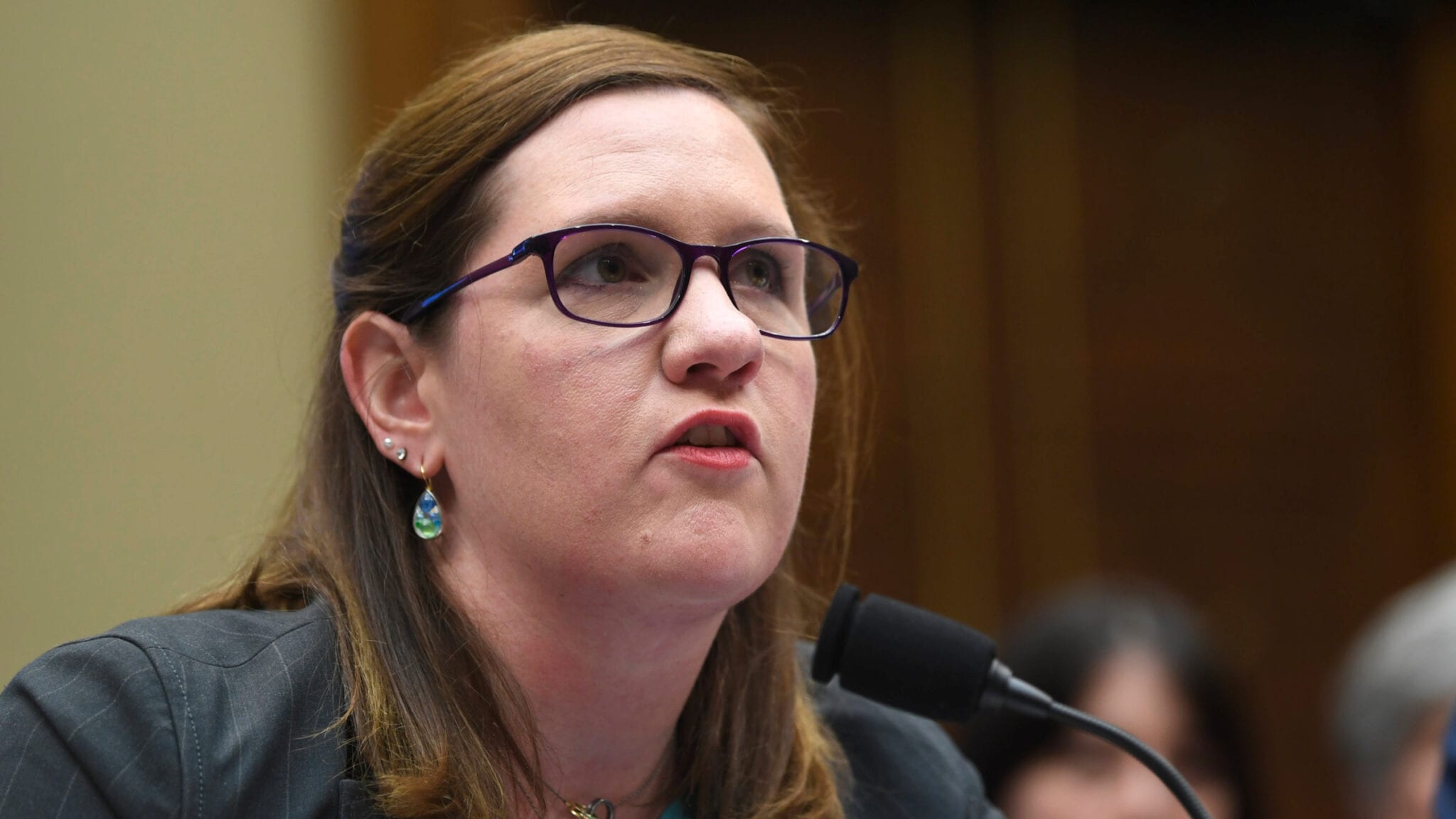
How the SCOTUS decision to gut the FTC could help biopharma companies
The Supreme Court on Thursday unanimously decided to remove the Federal Trade Commission’s powers to secure billions of dollars in relief for consumers in a wide variety of cases, leaving the door open for biopharma companies to quickly end certain cases involving anticompetitive practices.
In essence, the ruling would prohibit the FTC from using a section of the law known as 13(b), which previously allowed it to force Teva Pharmaceuticals in 2015 to provide $1.2 billion in compensation to drug wholesalers, pharmacies, and insurers, who overpaid because of illegal conduct by a company that Teva bought.
Unlock this article instantly by becoming a free subscriber.
You’ll get access to free articles each month, plus you can customize what newsletters get delivered to your inbox each week, including breaking news.